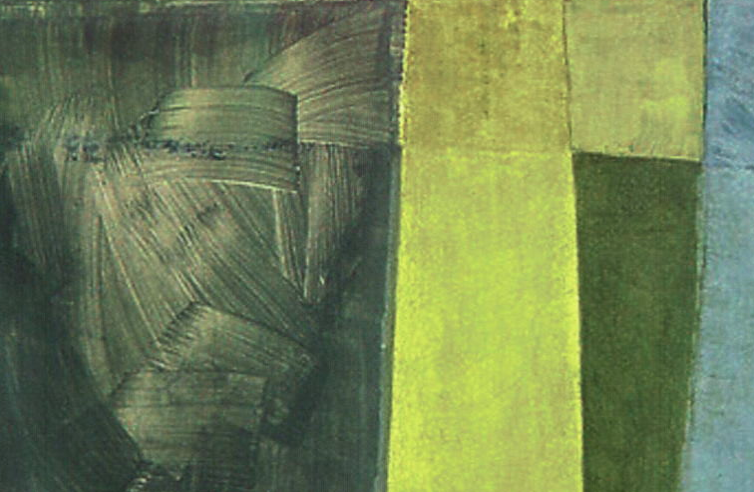biography of water
by Carrie Bennett
The Word Works, $10 (paper)
Unlike much recent poetry and many if not most first collections, Carrie Bennett’s biography of water, winner of the 2004 Washington Prize, reads like a book that needed to be written, driven by feeling as much as by idea, guided by purpose and personal vision instead of by guesswork, ambition, or frivolity. Fragmented but always lyrical, the book is at once experimental in form and timeless in rhythm and imagery: birds, trees, air, windows, doors, body parts, and (of course) water abound. The first poem opens with an image of brokenness: “you roll over and break (thus is the thinness of bone).” Something has gone terribly wrong in the world and in the human experience: “thin is the stem that bends in no breeze you wouldn’t make it / in this weather with waves up to here and / a water always wanting more / of your body than you want to give.” Without being explicitly narrative in form, the book, over the course of its seven long-poem sequences, is an attempt to understand and salve an injury that remains forever unnamed, abstract: “o twisted piece / of iron: this is my body // so disjointed.” The human body is more than 70 percent water, and the biography of water explores—with an authority and grace uncommon among Bennett’s peers—the shared ground between the external and the internal, the interrelatedness of body and landscape, and the interdependence of the individual and the community. By the book’s end, Bennett arrives at the prospect of pure existence, the possibility of translucence between language and the spaces between language, between being and seeing, subject and object: “the object will appear and usually with color an extension / of stem and fiber // but not yet but waiting won’t but it will be one morning one / look out the window one sudden shift of view and there it / will be as though it always was.”








